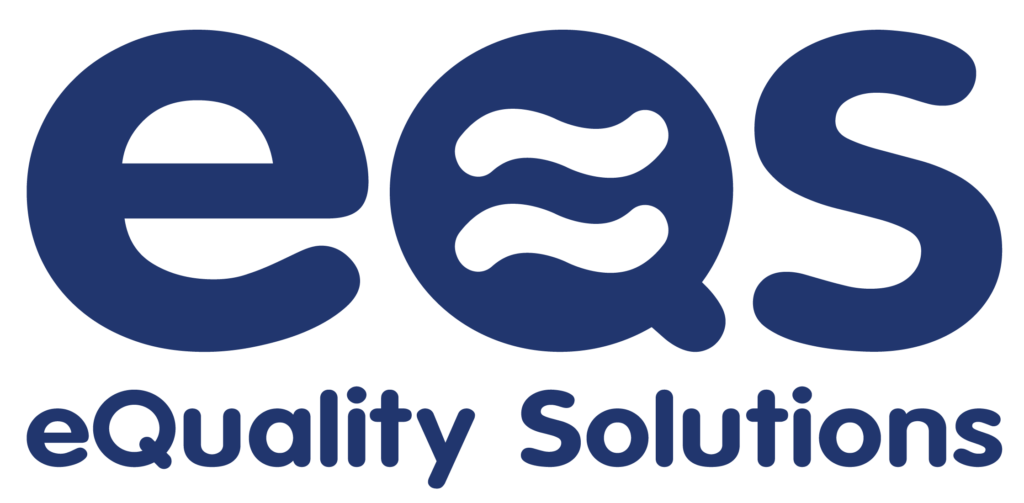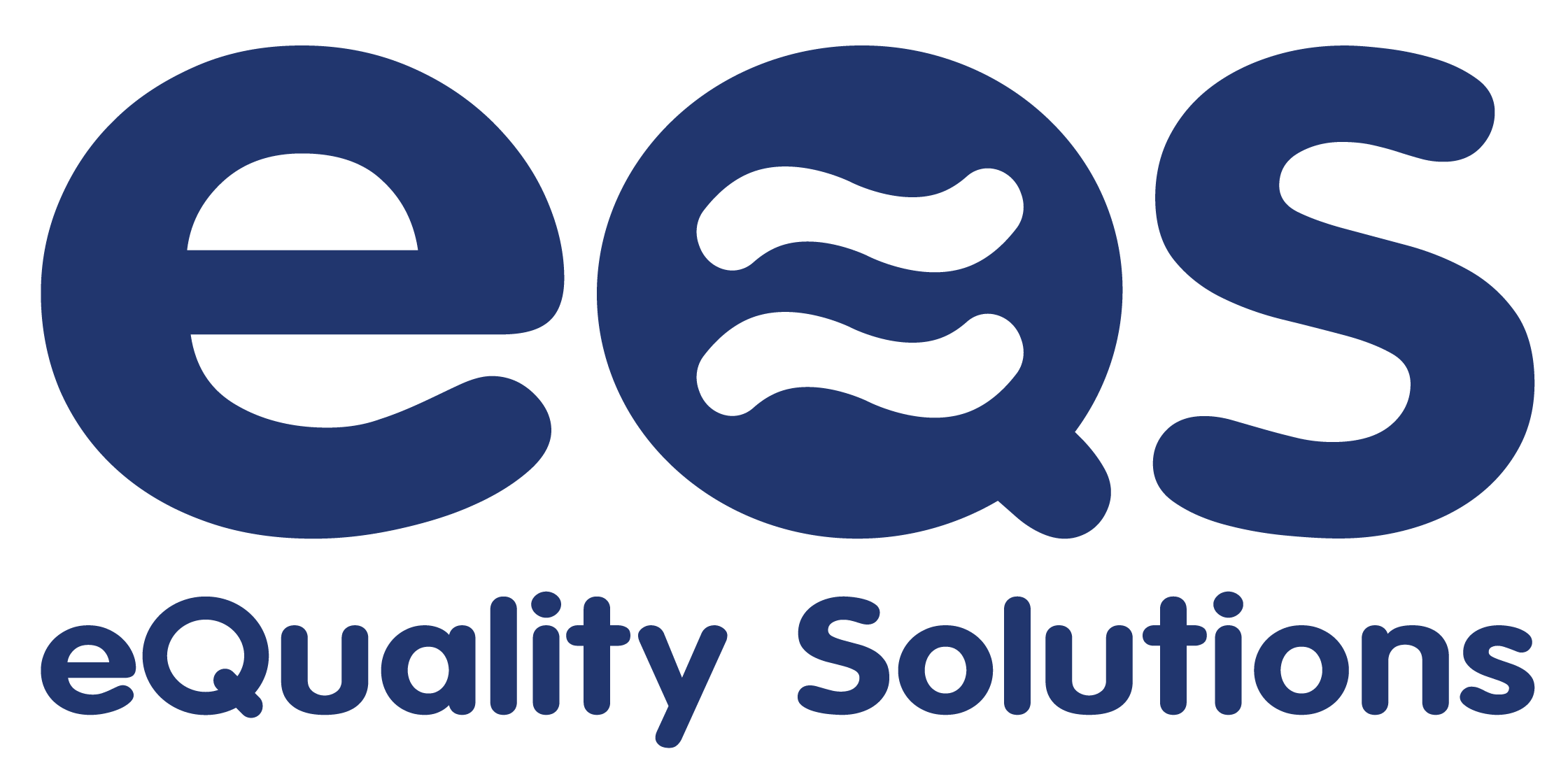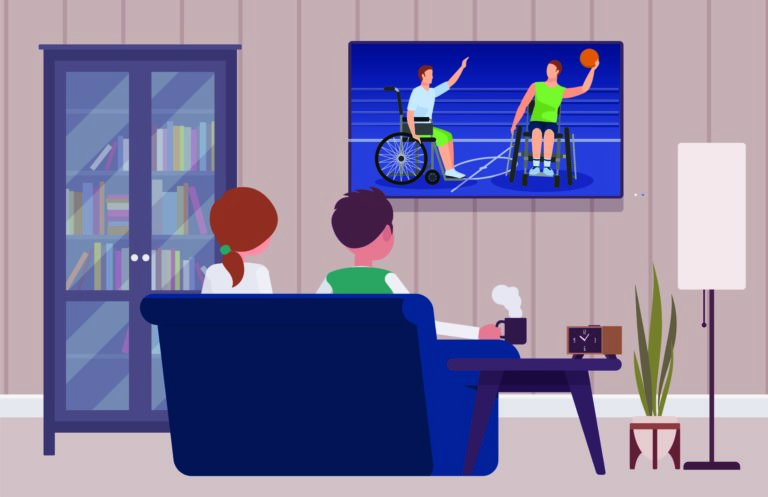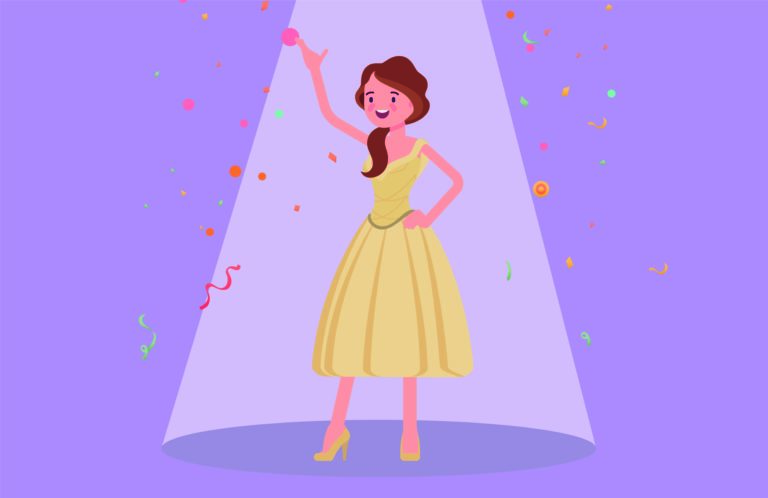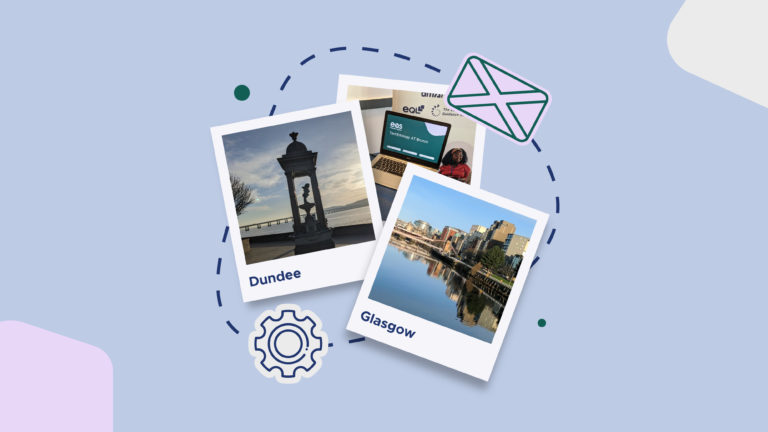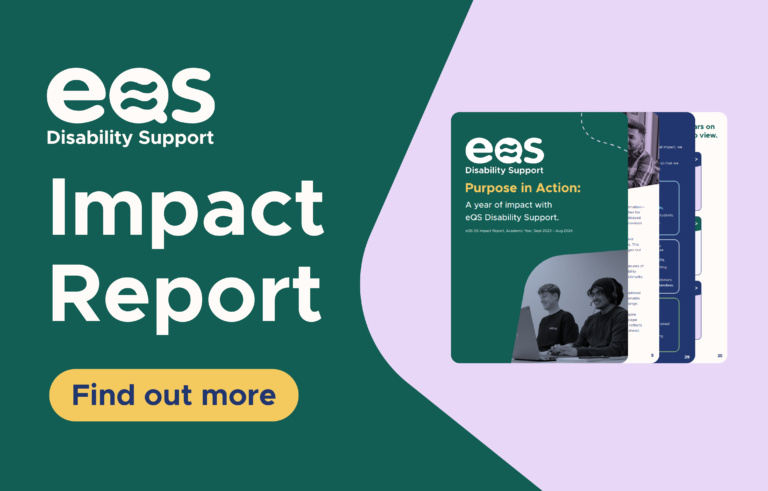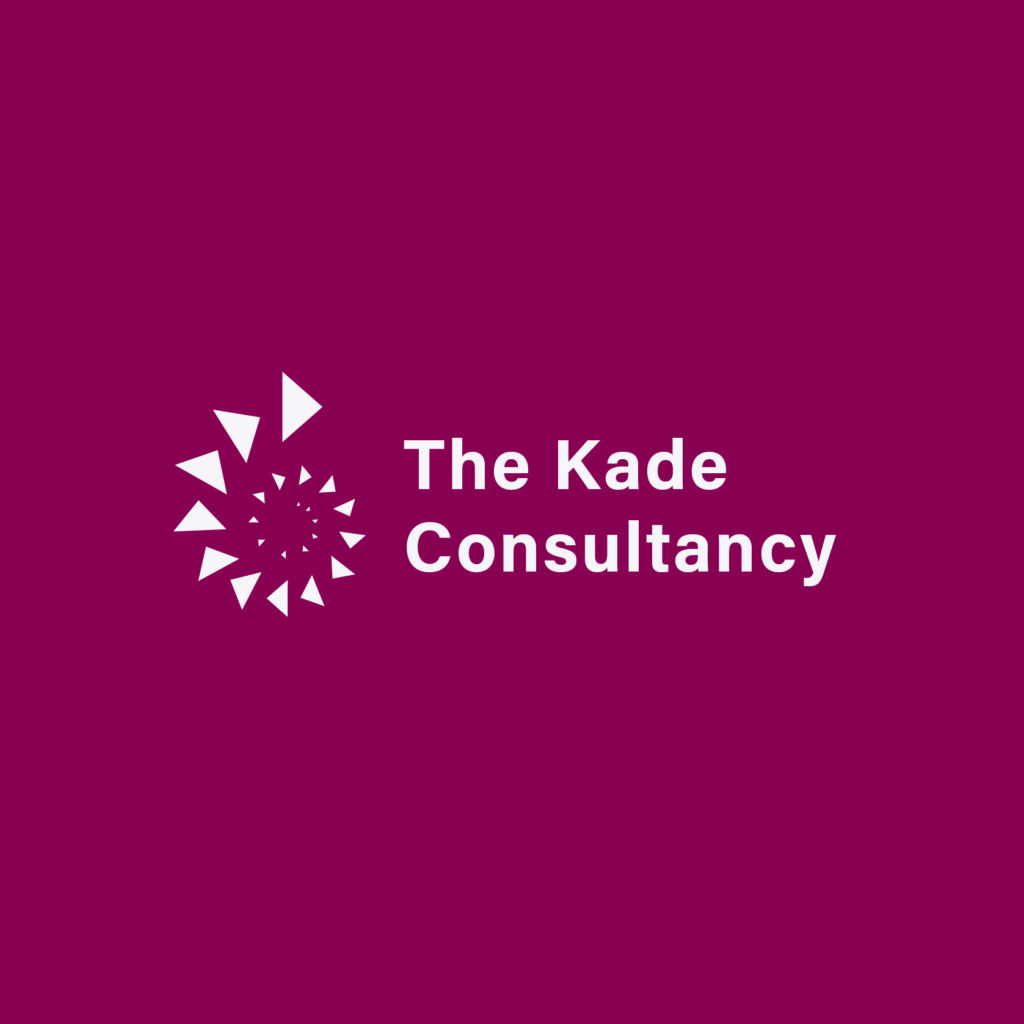Calling out exclusion
Sadly, not everyone who is in the public eye who has a disability has a positive experience all of the time. After her recent appearance on Question Time, Rosie Jones the well-known comedian who has cerebral palsy tweeted:
“The sad thing is that I’m not surprised at the ableist abuse I’ve received tonight regarding my appearance on Question Time. It’s indicative of the country we live in right now. I will keep on speaking up, in my wonderful voice, for what I believe in.”
By speaking out about the ableist comments Rosie is highlighting there is still a long way to go before we reach full inclusion. In an interview a few days after her appearance on Question Time Rosie said “It doesn’t stop me speaking out and if anything, it’s made me more determined to get out there, be myself and like I say speak for people like me.”
When characters with a disability are featured in films and TV, they are often portrayed in a negative light which can have a detrimental effect on the disabled community. Changing Faces are another example of someone speaking out to highlight the distance we have to go before we reach full inclusion in film and TV. Changing Faces is the UK’s leading charity for everyone with a scar, mark or condition that makes them look different. They recently wrote an open letter to the Producers of the latest James Bond film, No Time to Die. I’d like to share an extract below:
But for us, a group of volunteer campaigners with disfigurements and visible differences, the release of No Time To Die also fills us with dread. Once again, the villains are marked out by the scars on their faces, a physical disfigurement, an impairment. It’s a trope, it’s old fashioned and it’s outdated. And it has an impact.
The daily reality of living with a visible difference such as a birthmark, skin condition, or scarring, is contending with staring and comments. And for too many of us, we regularly experience abuse and hate, just because of how we look. We are hyper visible when we open our front doors.
Yet onscreen and in popular culture, we are virtually unseen. Unless you want a ‘baddie’ of course. Research has found that only one in five people with a visible difference have seen a character who looks like them cast as the hero in a film or on TV. Even fewer (15%) have seen someone with a scar, mark or condition that makes them look different playing the love interest on screen. Yet nearly double have seen someone with a visible difference cast as the villain or ‘baddie’.
You can read the full open letter by Changing Faces here.
Inclusion will lead to empowerment
I’m a strong believer of ‘you can’t be what you can’t see’. By making sport, TV and film more inclusive viewers with a disability are seeing people they can identify with succeed. Weather that be winning a gold medal, dancing the samba in front of millions of viewers or presenting children’s TV. I’d like to end this blog with a quote from George Webster which I feel sums up the topic perfectly:
“I have always wanted to be an actor; I love film and performance. I want to be given the opportunity to do more films and be equal and treated like everyone else and not be judged,”

